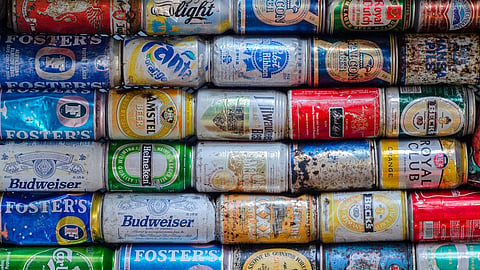Energy drinks have become increasingly popular over the past decade, especially among young adults and teenagers. Marketed as beverages that enhance energy, alertness, and concentration, they often come with significant health risks that many people overlook. The high caffeine content, combined with other stimulants like taurine and guarana, can lead to serious health complications, particularly when consumed in excess. Moreover, the habit of mixing energy drinks with alcohol further increases the risk of adverse health effects, making it crucial for consumers to be aware of these dangers. Here’s a breakdown of the dangers linked to energy drinks.
What’s Inside the Can
When consuming energy drinks, it’s important to monitor specific ingredients that could affect your health.
○ Caffeine
It is a primary concern, as high levels can lead to heart palpitations, high blood pressure, and increased heart rate.
○ Taurine
It amplifies caffeine effects, potentially raising heart rate and blood pressure.
○ Guarana
Adds extra caffeine, increasing the total caffeine content.
○ Ginseng
Generally safe but with limited effectiveness. It may interact with medications. Consult your healthcare provider before use.
○ Sugar
Excessive sugar can lead to obesity, heart disease, and blood sugar spikes.
○ B Vitamins
High levels can cause toxicity, particularly in those with liver or kidney issues.
○ Artificial Sweeteners
Often linked to potential heart health risks.
MedBound Times connected with Senior Clinical Diabetologist and Dietician sports nutritionist Dr. Khushboo Fatima for her opinion on the dangers of energy drinks.


